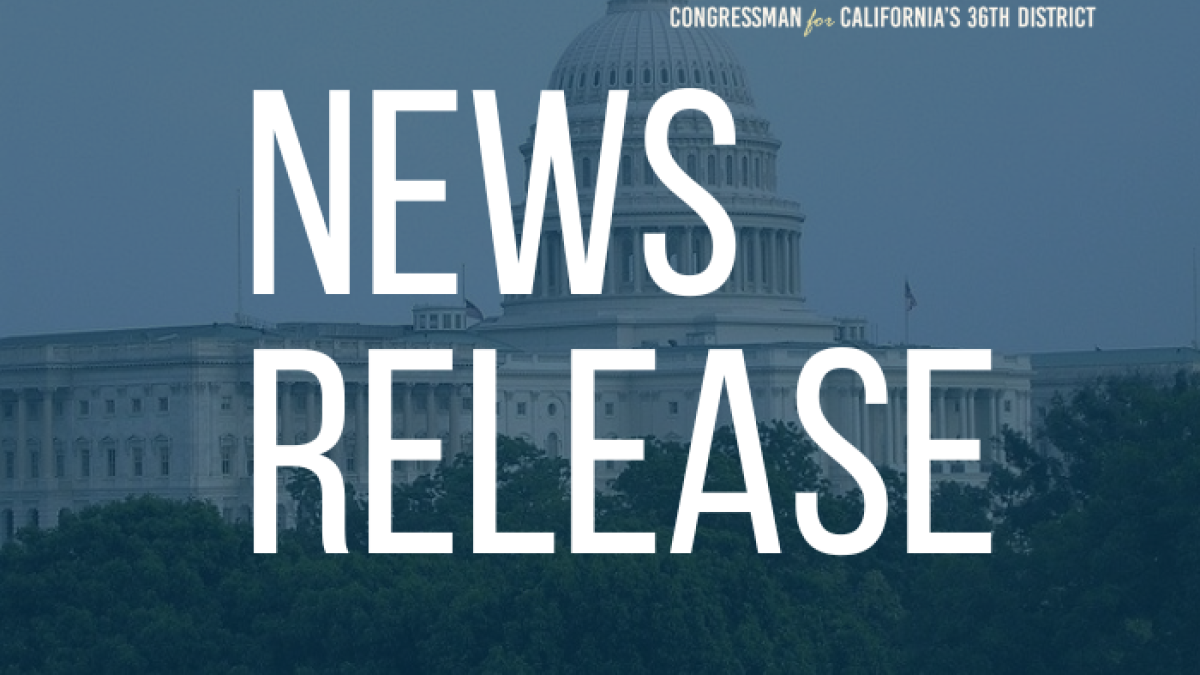REPS LIEU, LOFGREN AND STEVENS URGE BIDEN ADMIN TO REQUIRE FEDERAL AGENCIES TO ADOPT NIST AI FRAMEWORK

WASHINGTON – Today, Congressman Ted W. Lieu (D-Los Angeles County), Science Space and Technology Committee Ranking Member Zoe Lofgren (D-CA) and Subcommittee on Research and Technology Ranking Member Haley Stevens (D-MI) sent a letter to Office of Management and Budget (OMB) Director Shalanda Young urging the Biden Administration to require federal agencies and vendors to follow the National Institute of Standards and Technology’s (NIST) AI Risk Management Framework. In the letter, the Members argue that with AI developing rapidly, we need a coordinated government response to ensure that the technology is used responsibly and that individuals are protected. The NIST AI framework serves as a great starting point for agencies and vendors to analyze the risks associated with AI and how their systems can be designed and developed with these risks in mind.
In the letter, the Members write:
Dear Director Young:
We are writing to thank you for your continued leadership on Artificial Intelligence (AI) and ask, as a next step, that you require federal agencies and vendors to follow the National Institute of Standards and Technology’s (NIST) AI Risk Management Framework (RMF). AI is developing rapidly, and we need a coordinated government response to ensure that the technology is being used responsibly and that individuals are protected.
We have been pleased to see the Administration prioritize AI and take important actions that will lead to safer, more inclusive, and more responsible AI. Through the AI Bill of Rights, the Administration highlighted principles that are crucial to ensuring AI is aligned with our democratic values and does not threaten our civil rights. Additionally, with its new announcements this year, the Administration has shown a much-needed focus on federal investments in AI research and development, the risks and opportunities of AI in education, and public assessments of highly capable generative AI systems.
Given these welcome initiatives, we ask that you also consider utilizing the NIST AI RMF and subsequent risk management guidance specifically tailored for the federal government, to ensure agencies and vendors meet baseline standards in mitigating risk. In its RMF, NIST examines the ways in which organizations can incorporate trustworthiness considerations into the design, development, use, and evaluation of AI systems. The document provides a great starting point for both agencies and vendors to think about AI risk and how their systems can be designed with these risks in mind.
Notably, NIST’s impressive work on cybersecurity standards provides us with a clear precedent. We already task federal agencies with following NIST’s standards and guidelines on cybersecurity, and, in the President’s May 2021 Executive Order on Improving the Nation’s Cybersecurity, the Administration also tasked NIST with developing minimum standards for vendors, ensuring that our federal agencies are purchasing and operating secure systems. With AI, the Administration can follow a similar path and ensure agencies and vendors follow NIST’s standards and guidance as a baseline to mitigate the risks and possible harms of the technology.
Thank you for your leadership and consideration.
Sincerely,
READ THE FULL TEXT OF THE LETTER HERE